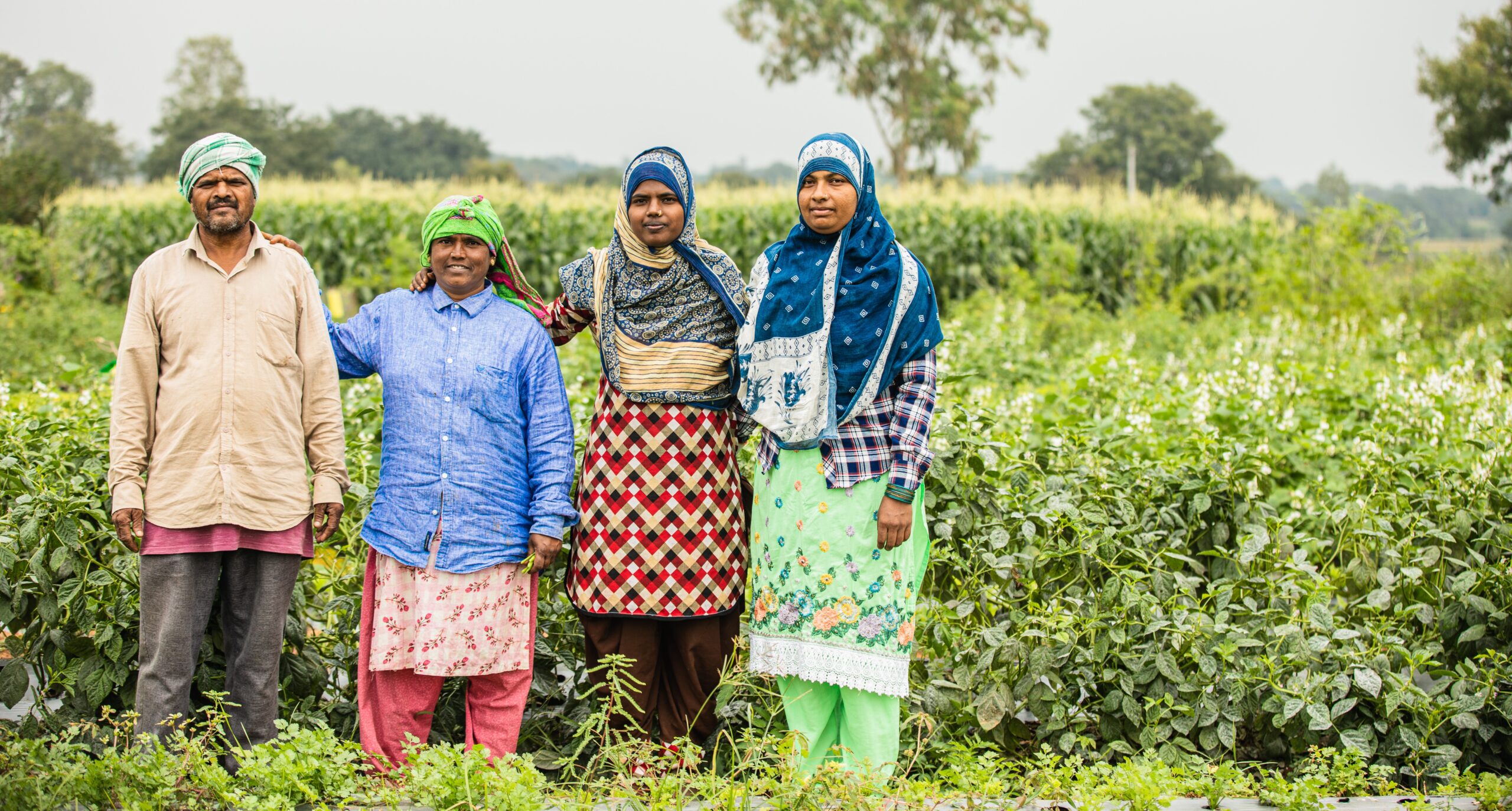
The organic farming community embodies a vibrant network of individuals, organizations, and initiatives dedicated to promoting sustainable agricultural practices and environmental stewardship. At its core, this community fosters collaboration, knowledge-sharing, and support among farmers, consumers, researchers, and advocacy groups worldwide.

Central to the organic farming community is its commitment to organic principles, which prioritize soil health, biodiversity, and ecological balance. Organic farmers adhere to rigorous standards that prohibit the use of synthetic chemicals, genetically modified organisms (GMOs), and irradiation, opting instead for natural methods like composting, crop rotation, and biological pest control. These practices not only enhance soil fertility but also minimize environmental impact and promote long-term sustainability.
Collaboration within the organic farming community extends beyond individual farms to encompass cooperative efforts on regional, national, and international scales. Farmers often participate in local organic associations or cooperatives, where they exchange ideas, share resources, and collectively market their products. These associations play a crucial role in supporting farmers by providing access to training programs, certification assistance, and advocacy for policies that promote organic agriculture.
Knowledge-sharing is another cornerstone of the organic farming community, facilitated through workshops, conferences, and online platforms. Farmers learn from each other’s experiences and research findings, gaining insights into innovative techniques for soil management, crop rotation, and organic pest control. This exchange of knowledge empowers farmers to adapt to changing environmental conditions and market demands while maintaining organic integrity.
Consumer education and outreach are integral components of the organic farming community, as farmers strive to educate the public about the benefits of organic food and farming practices. Community-supported agriculture (CSA) programs and farmers’ markets provide direct avenues for consumers to support local organic producers and gain a deeper understanding of where their food comes from. By fostering direct relationships between farmers and consumers, the organic farming community promotes transparency and trust in the food system.
Advocacy is also a significant focus within the organic farming community, as members work together to influence policies that support organic agriculture and environmental sustainability. Organizations such as the Organic Trade Association (OTA) and the International Federation of Organic Agriculture Movements (IFOAM) advocate for policies that protect organic standards, promote research funding for sustainable farming practices, and advocate for fair trade practices that benefit organic farmers globally.
Innovation and research play pivotal roles in advancing organic farming practices within the community. Researchers collaborate with farmers to develop new organic pest management strategies, improve soil health through innovative crop rotations, and enhance crop resilience to climate change. These efforts contribute to the continuous improvement of organic farming techniques and ensure the community remains at the forefront of sustainable agriculture.
The organic farming community faces challenges, including the need for broader adoption of organic practices, access to affordable land for new farmers, and competition from conventional agriculture. However, the community’s resilience and dedication to sustainability drive ongoing efforts to overcome these challenges through education, advocacy, and innovation.
In conclusion, the organic farming community represents a dynamic and inclusive network committed to promoting sustainable agricultural practices, environmental stewardship, and community resilience. By fostering collaboration, sharing knowledge, advocating for policies that support organic agriculture, and embracing innovation, the community continues to play a pivotal role in shaping a more sustainable food system for future generations. As consumer demand for organic products grows and awareness of environmental issues deepens, the organic farming community remains poised to lead the way towards a healthier, more sustainable future.









